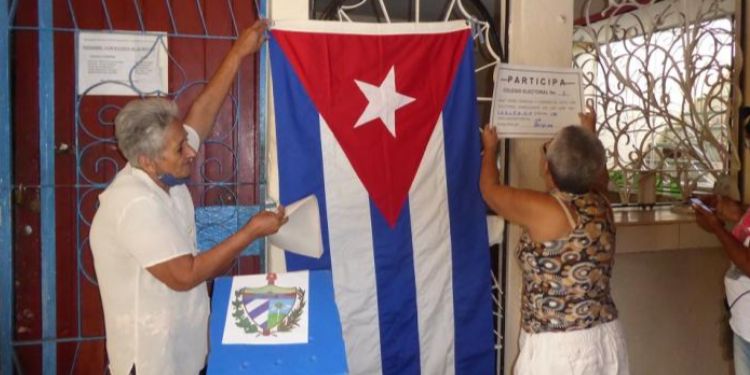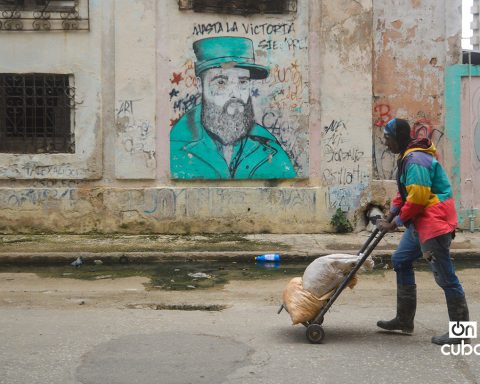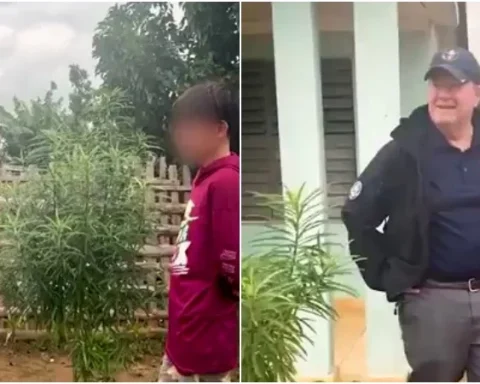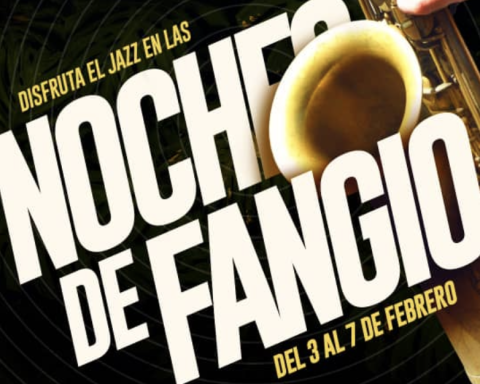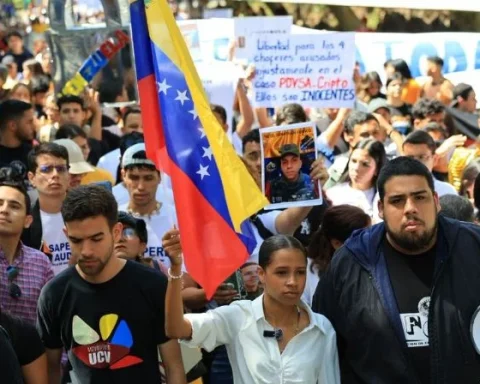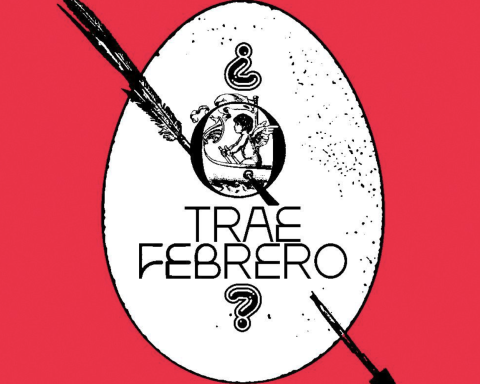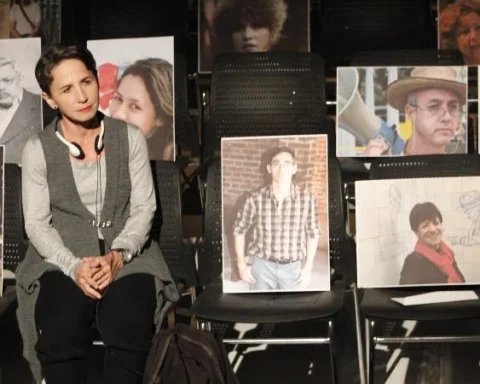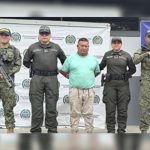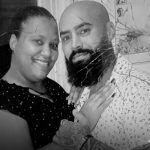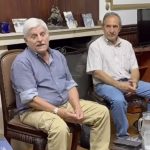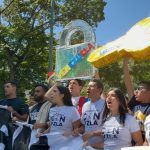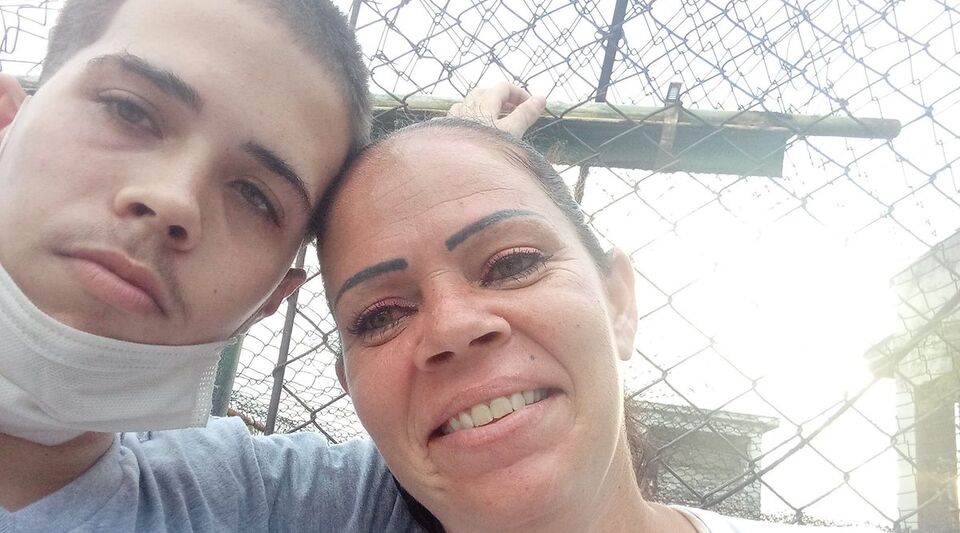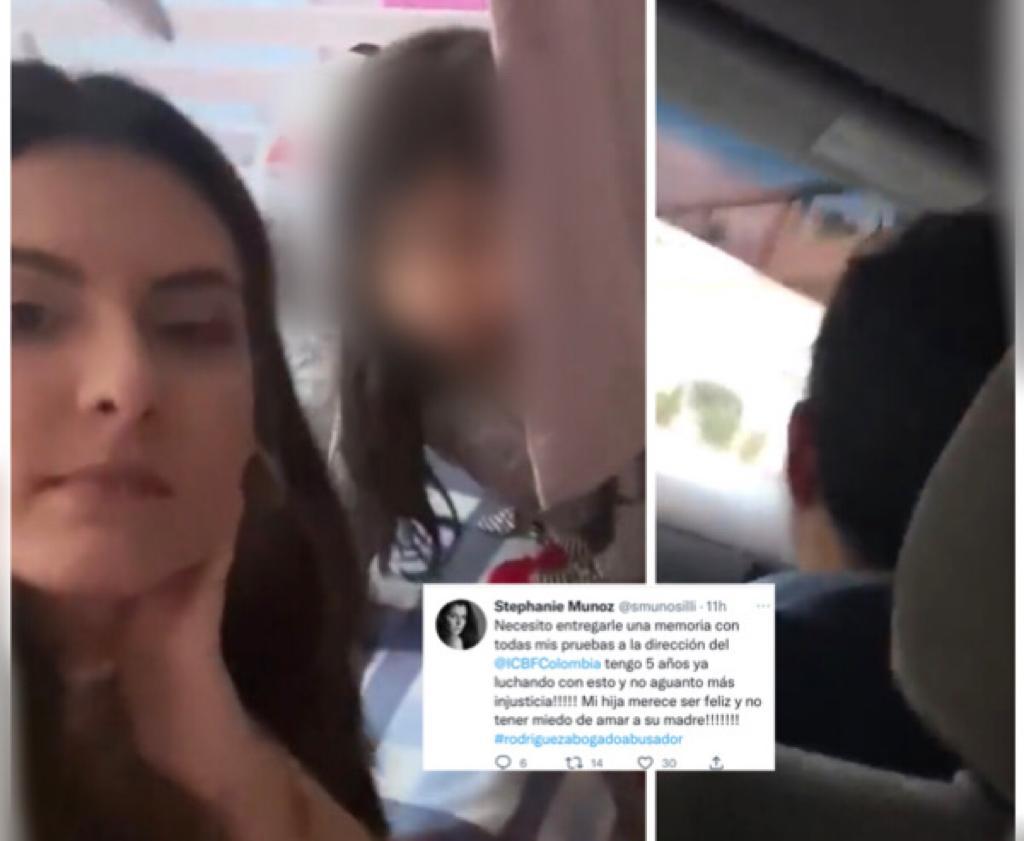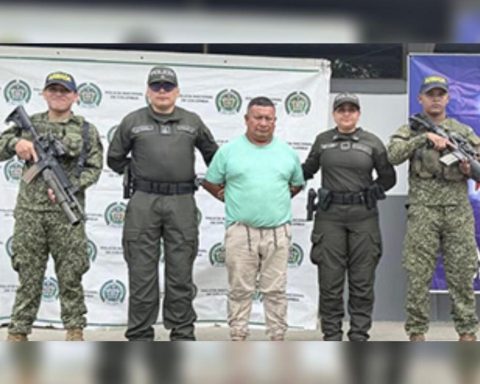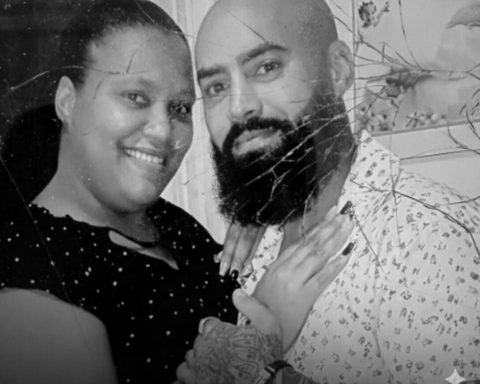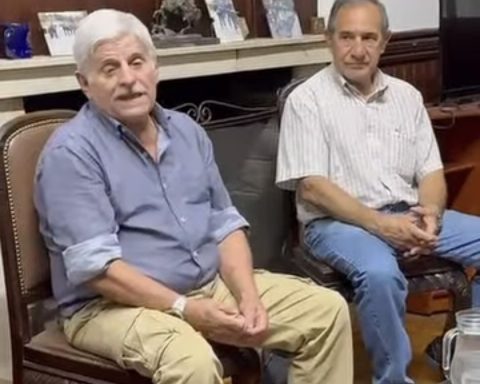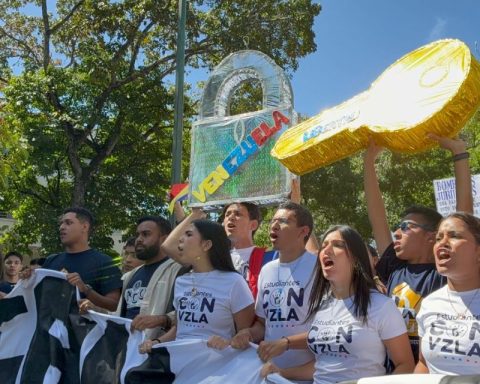CDMX, Mexico. – The Cuban Government has announced municipal elections for November 27, 2022; however, election experts analyze and classify these votes as illegitimate. It is enough to read the 2019 Electoral Law to learn how, in a vertical and pyramidal exercise, Cuban citizens have not been able to elect their political representatives since 1959. It is the Communist Party of Cuba (PCC) that designates the candidates.
The issue is not new, but after the social outbreak of July 11, 2021 the paradisiacal propaganda of the PCC about “the country of the equality of workers” was dismantled. Although the law recognizes the possibility of appointing candidates at the municipal level, these are approved by the municipal, provincial and national candidacy commissions; a mechanism created by the CCP and copied from the Soviet electoral system since the 1970s to represent a population that votes, but does not elect.
Civil society has tried to present opposition candidates in several elections, which have not been able to advance because the electoral system is hijacked by the single party. In 2015 the candidates Hildebrando Chaviano and Yuniel López They got on the ballotbut the candidacy commissions put in their biographies that they were “counterrevolutionaries.”
In 2017, hundreds of dissidents tried to run, but State Security prevented them from attending the nomination assemblies. They were kidnapped, detained, their homes searched and their means of work confiscated; or dates and times of the assemblies were changed to misinform them.
Opponents or independent journalists have been systematically prevented from participating in municipal assemblies, running for deputies, or attending the vote count as observers. Such was the case of Yoani Sánchez, an independent journalist who in 2019 tried to be present at a polling station to see the vote count for the constitutional referendum, and They did an “act of repudiation”.
In 2017 independent journalism confirmed the repression: “Opponents consulted by Radio Martí said that the balance of Sunday for the dissidents was arrests and threats against those who tried to hold positions in the districts.
In 2018 the opponent José Díaz Silva was arrested when leaving his house to prevent his participation in the nomination of deputies. Three women activists tried to run as candidates and were arrested or misinformed: María Elena Mir, in Havana; Elsa Litsy Isaac, in Palma Soriano, Santiago de Cuba; and Susleydis Pérez Velázquez, in Holguín. They gave María Elena Mir false information about the date on which the assembly would take place. The other two activists were confined to their respective homes by State Security.
Today, with all the civic leaders imprisoned ―Luis Manuel Otero Alcántara, Maykel Castillo (Osorbo), José Daniel Ferrer García, Félix Navarro, Aymara Nieto Muñoz, José Díaz Silva and the majority of the 9/11 protesters―, the Cuban government denies opponents and activists defending human rights the possibility of standing in the municipal elections.
Not enough with that, it has criminalized the right to observe the counting of votes in the polling stations, a violation of which Leandro Querido attests in his book This is how you vote in Cuba, according to the NGO DemoAmlat:
“In Cuba, electoral observation is criminalized, which places the country in last place in the Electoral Observation Index for Latin America of Electoral Transparency, in the category of ‘failed electoral observation’”.
“However, independent citizen groups have compiled information on the development of the electoral processes, whose reports on the 2017-2018 elections can be found in the book This is how you vote in Cuba”.
The DemoAmlat note closes by assuring the following: “The people who monitored the electoral process reported that due to their actions they suffered persecution, harassment, impediments to entering the voting precincts, restrictions on leaving the country, arbitrary detentions, and also interrogations by part of State Security”.
A second DemoAmlat report, titled “Why are the elections in Cuba illegitimate?”describes the obstacles to electing political representatives on the Island:
“The Cuban electoral system is designed so that the Communist Party (PCC) controls the entire process, as it appoints electoral authorities and selects who can ‘compete’ for office.”
“In theory, he adds, at the municipal level anyone can apply. However, the nomination assemblies, from which the candidates for municipal delegates result, are held by show of hands, so that the mass organizations and State Security identify the independent candidacies and prevent them from being elected. That is why an openly opposition person has never been elected”.
“In the municipal elections on November 27, Cubans will be able to vote, but not choose, since only the candidates selected by the PCC will be on the ballot. In Cuba you vote, but you don’t choose”, concludes DemoAmlat.
OPINION ARTICLE
The opinions expressed in this article are the sole responsibility of the person who issues them and do not necessarily represent the opinion of CubaNet.
Receive information from CubaNet on your cell phone through WhatsApp. Send us a message with the word “CUBA” on the phone +525545038831, You can also subscribe to our electronic newsletter by giving click here.
